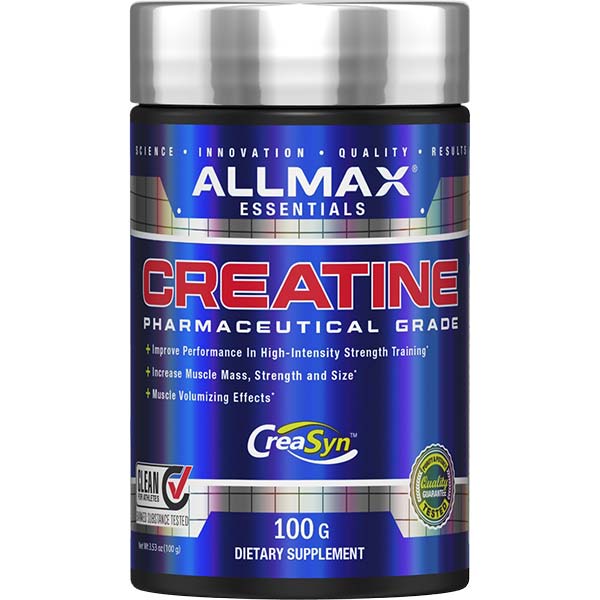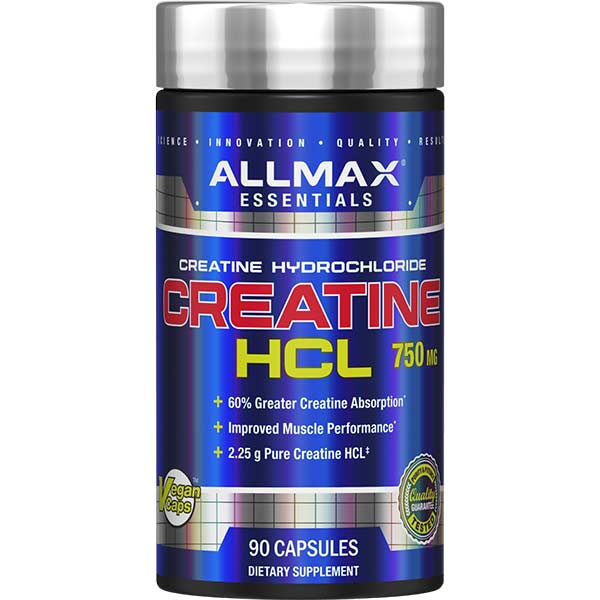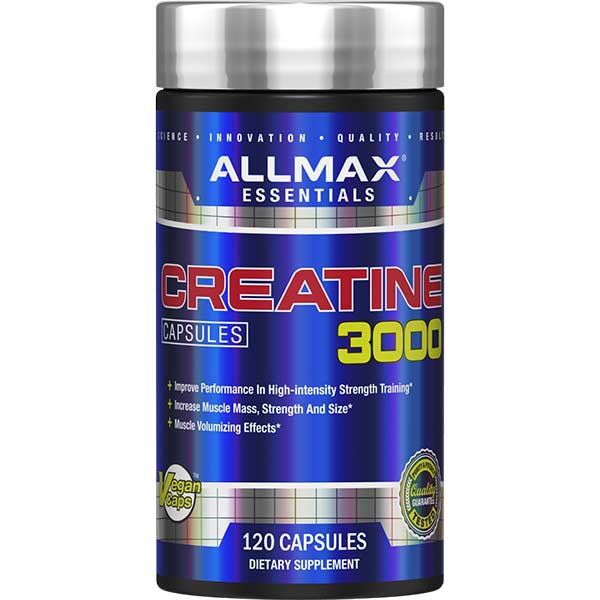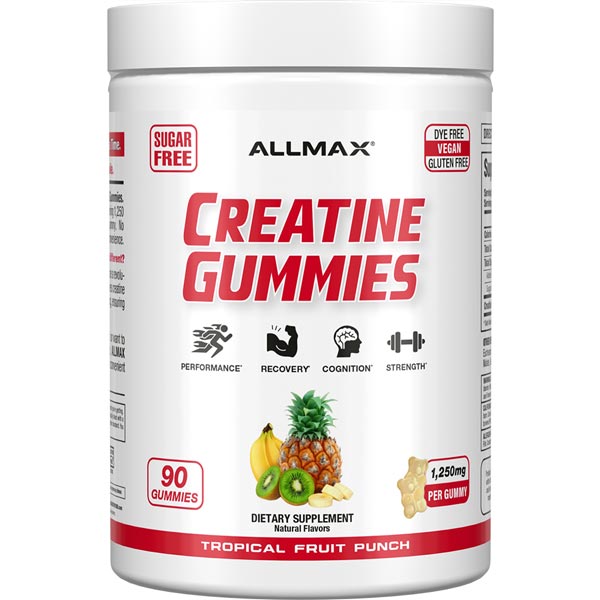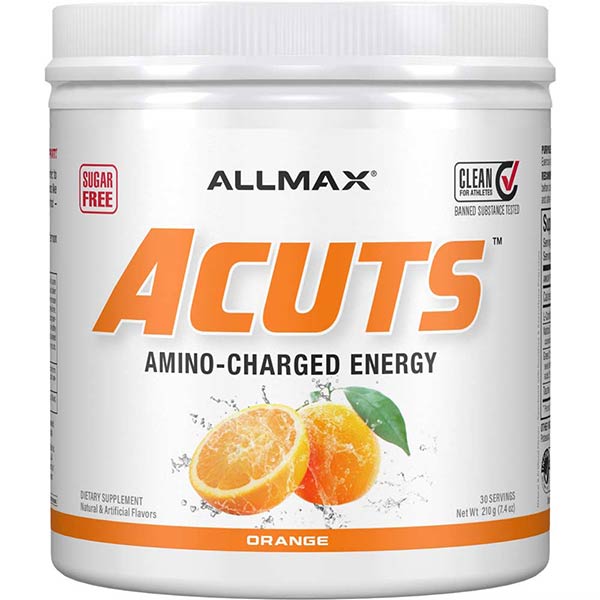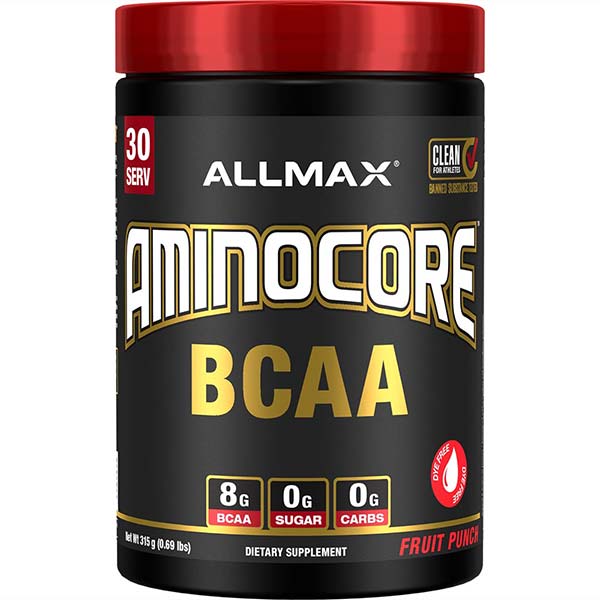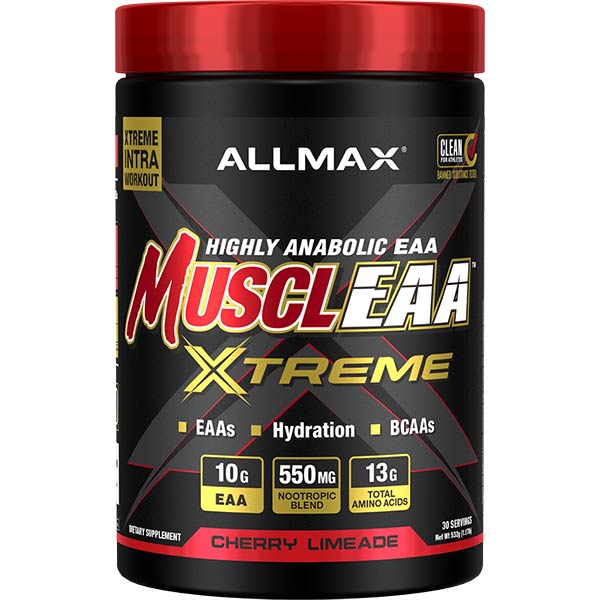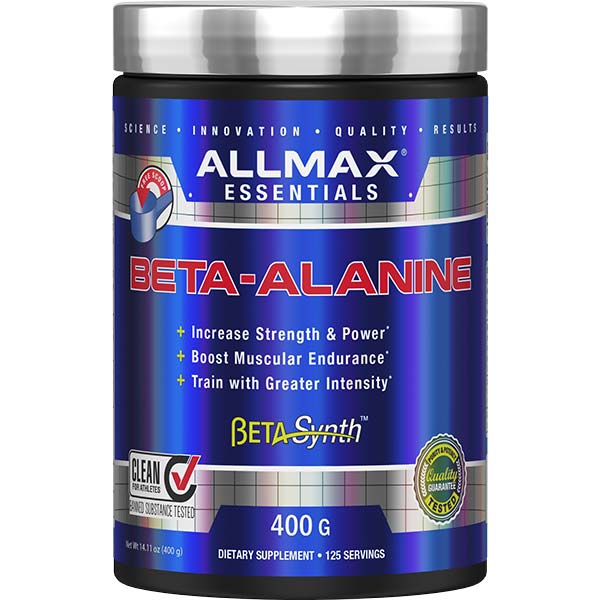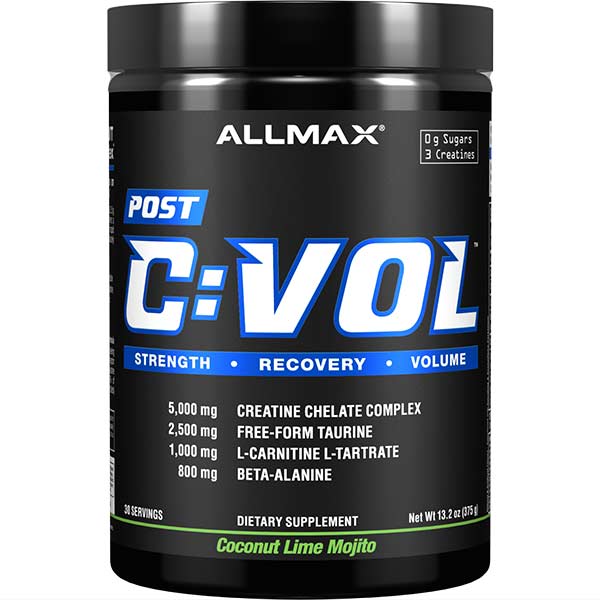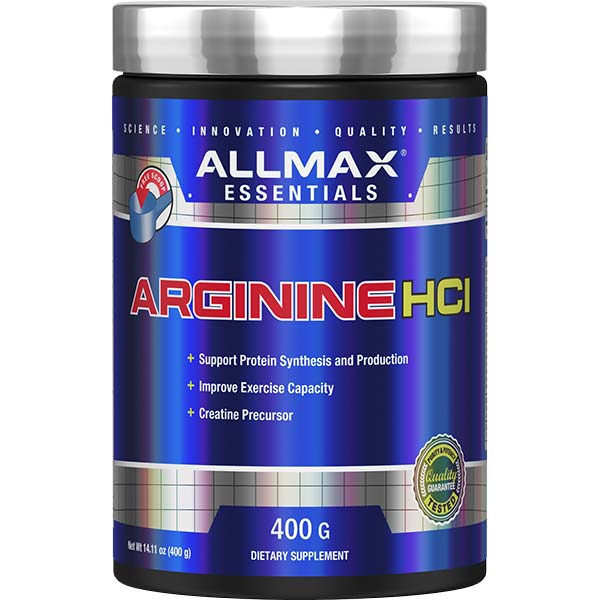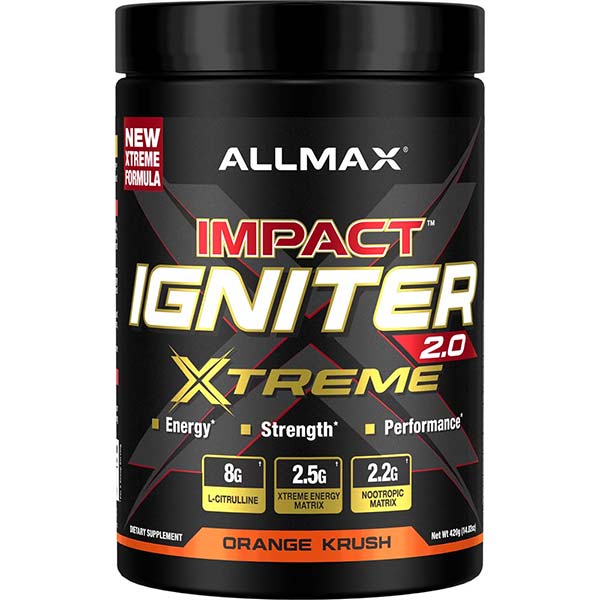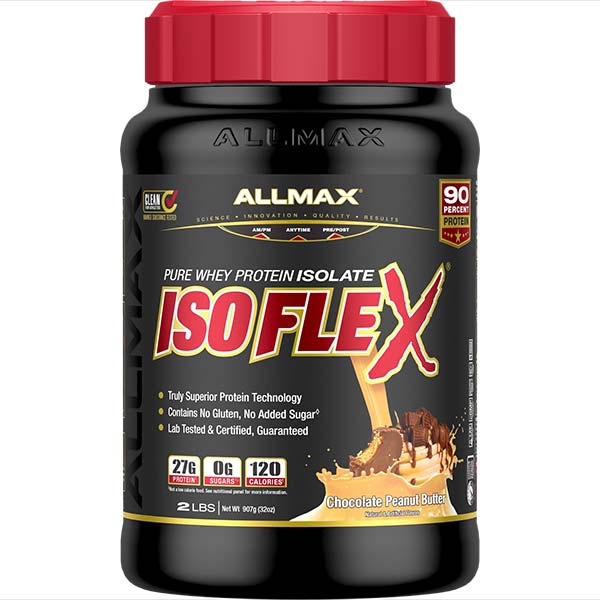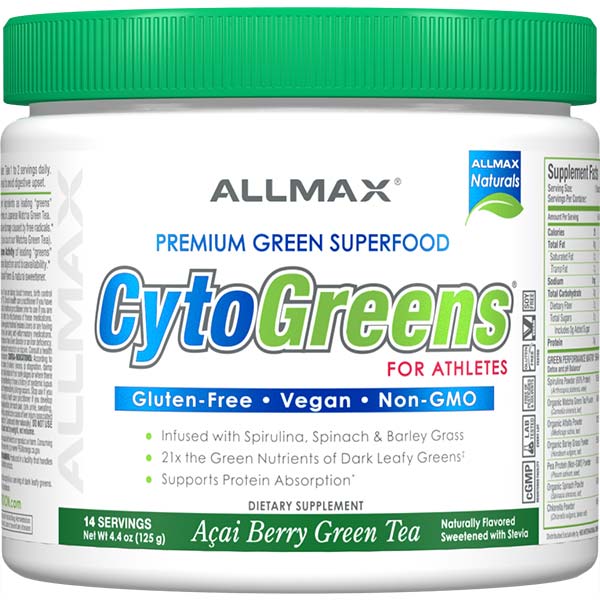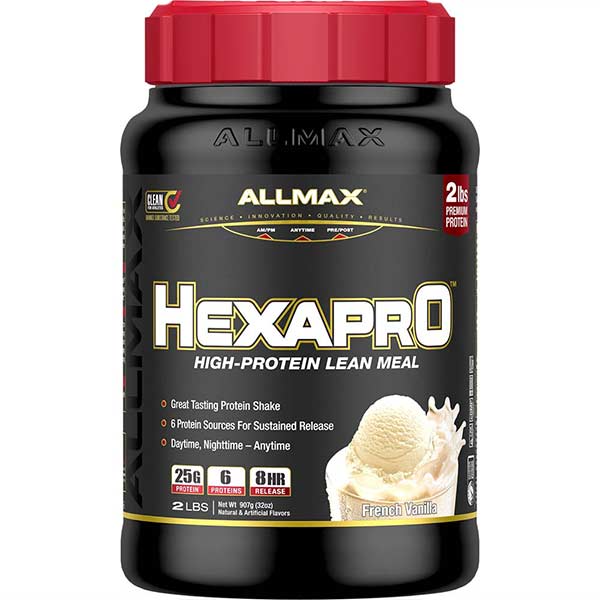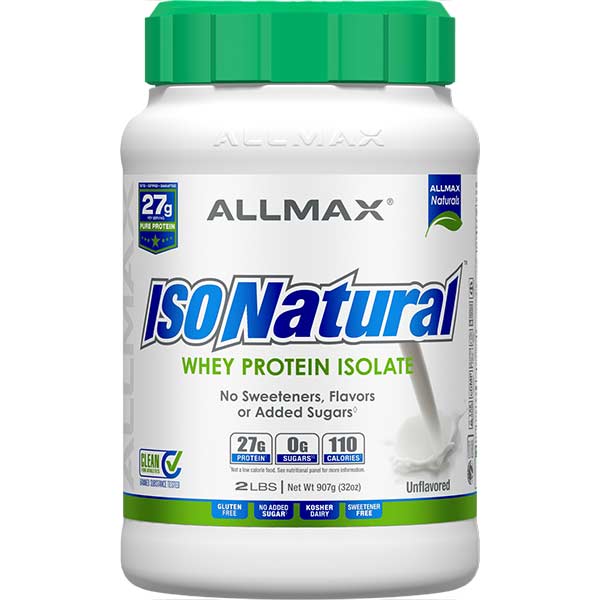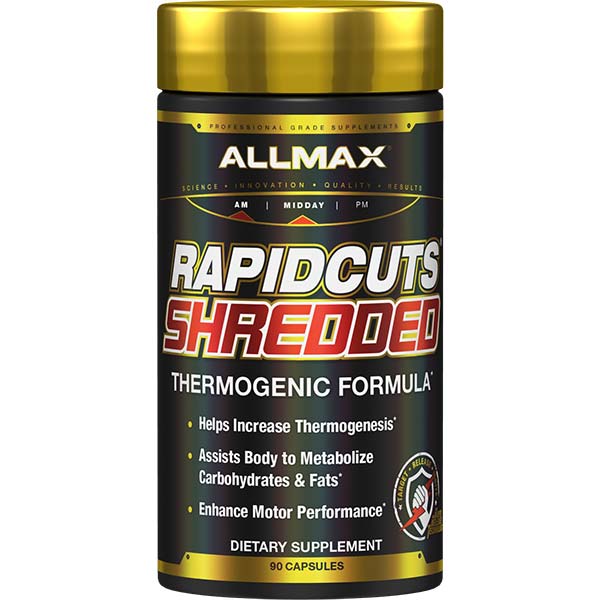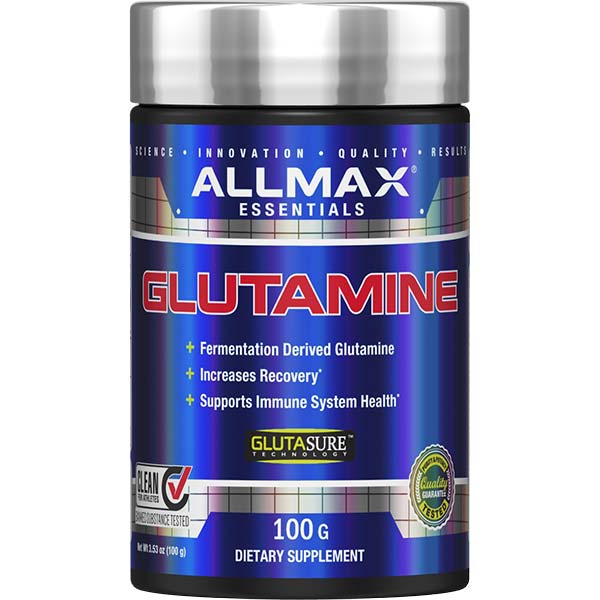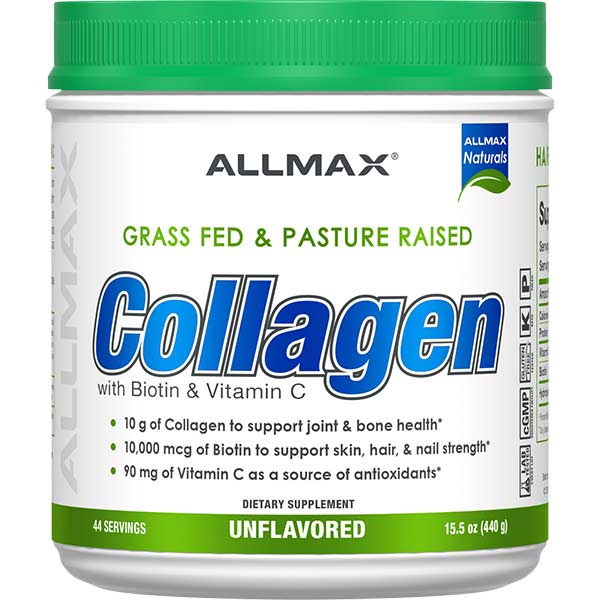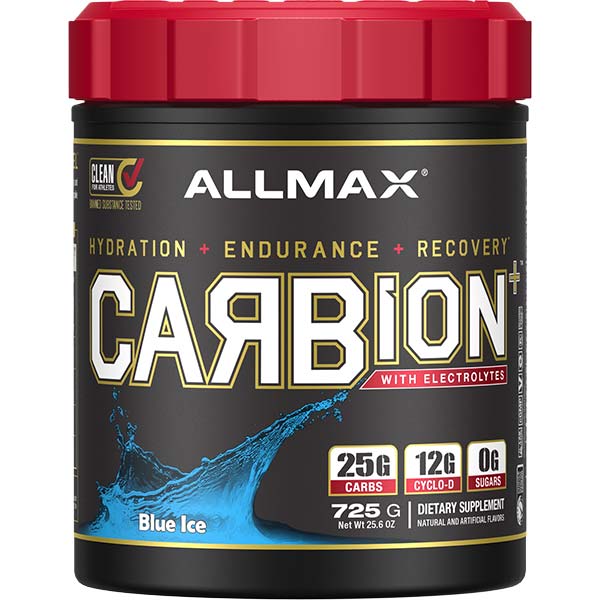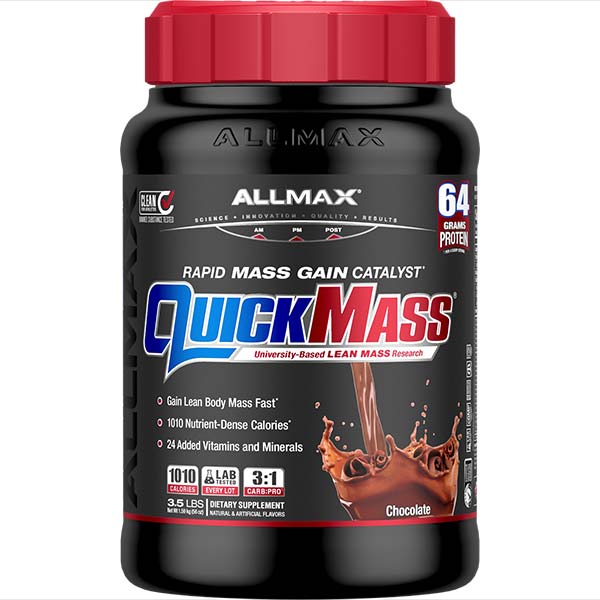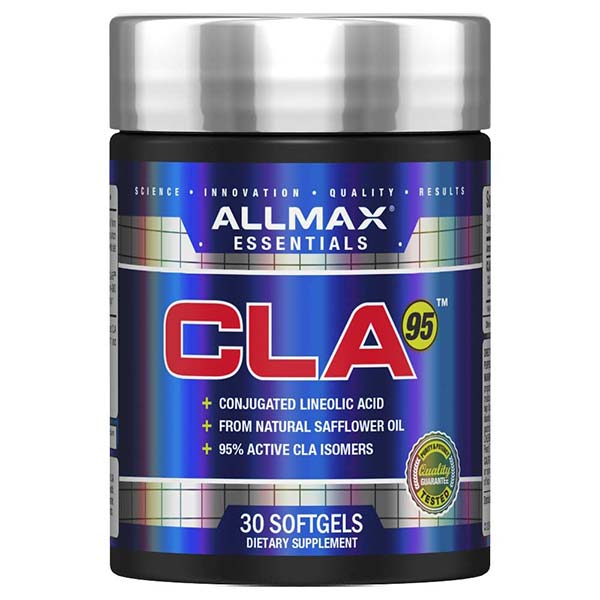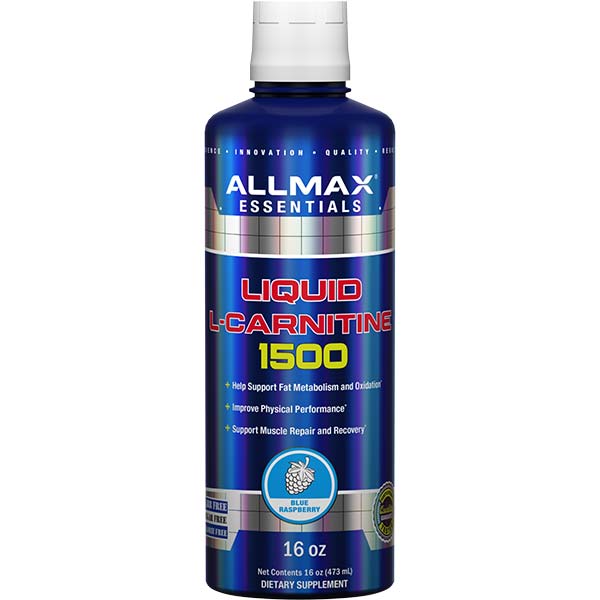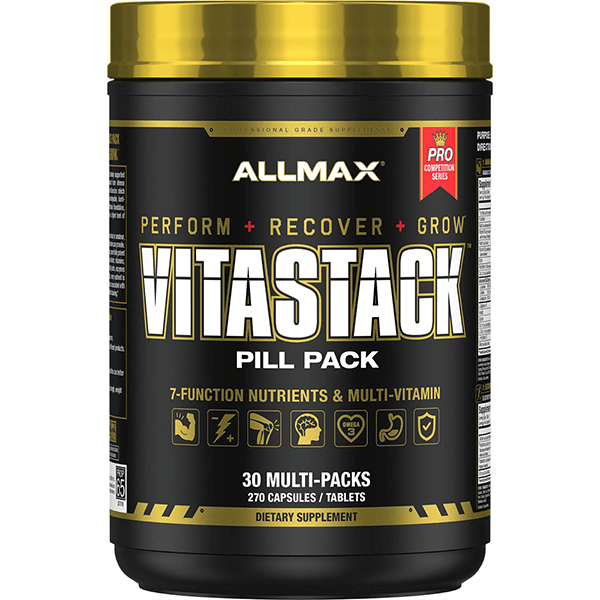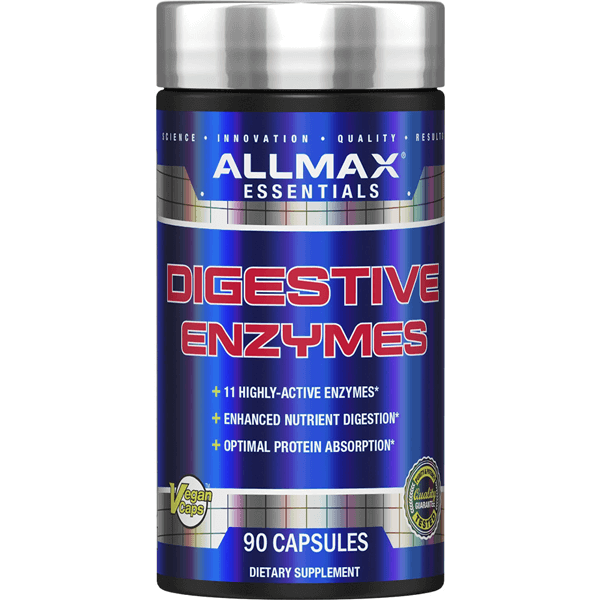Creatine Supplements and Powder
Fuel your workouts with premium creatine supplements. Boost ATP production, increase muscle strength, and support endurance.
Filters
12 products
Sort by
Sort by
Allmax Creatine Monohydrate Powder
Sale priceFrom $9.99
Allmax Creatine HCL
Sale price$19.99
Allmax Creatine 3000 Capsules
Sale price$24.99
Allmax Creatine Gummies
Sale price$39.99
Allmax ACuts: Amino-Charged Energy Drink
Sale price$19.99
Allmax Aminocore: BCAA Supplement Powder
Sale priceFrom $24.99
Allmax Impact Pump Xtreme
Sale price$39.99
Allmax MuscleAA Xtreme
Sale price$34.99
Allmax Beta-Alanine: Pre & Post Workout
Sale price$24.99
Allmax CVOL Powder: Ultimate Post-Workout Recovery
Sale price$34.99
Allmax Arginine HCI
Sale price$24.99
Allmax Impact Igniter Xtreme 2.0
Sale price$39.99
Products
Frequently Bought
Allmax Isoflex: 100% Whey Protein Isolate
Sale priceFrom $24.99
Allmax ACuts: Amino-Charged Energy Drink
Sale price$19.99
Allmax Creatine Monohydrate Powder
Sale priceFrom $9.99
Allmax Aminocore: BCAA Supplement Powder
Sale priceFrom $24.99
Allmax CytoGreens Super Green Powder
Sale priceFrom $14.99
Allmax Hexapro: High Protein Lean Meal
Sale priceFrom $34.99
Allmax IsoNatural: Natural Pure Whey Protein Isolate
Sale priceFrom $52.99
Allmax Rapidcuts Shredded: Thermogenic Fat Burner
Sale price$19.99
Allmax Glutamine Powder
Sale priceFrom $10.99
Allmax Collagen Peptides Powder + Vitamins
Sale price$29.99
Allmax Carbion+
Sale price$29.99
Allmax QuickMass: Mass Gainer
Sale priceFrom $34.99
Allmax CLA 95: Conjugated Linoleic Acid
Sale priceFrom $11.99
Allmax Liquid L-Carnitine 1500
Sale price$17.99
Allmax Vitastack
Sale price$39.99
Allmax Digestive Enzymes
Sale price$21.99
